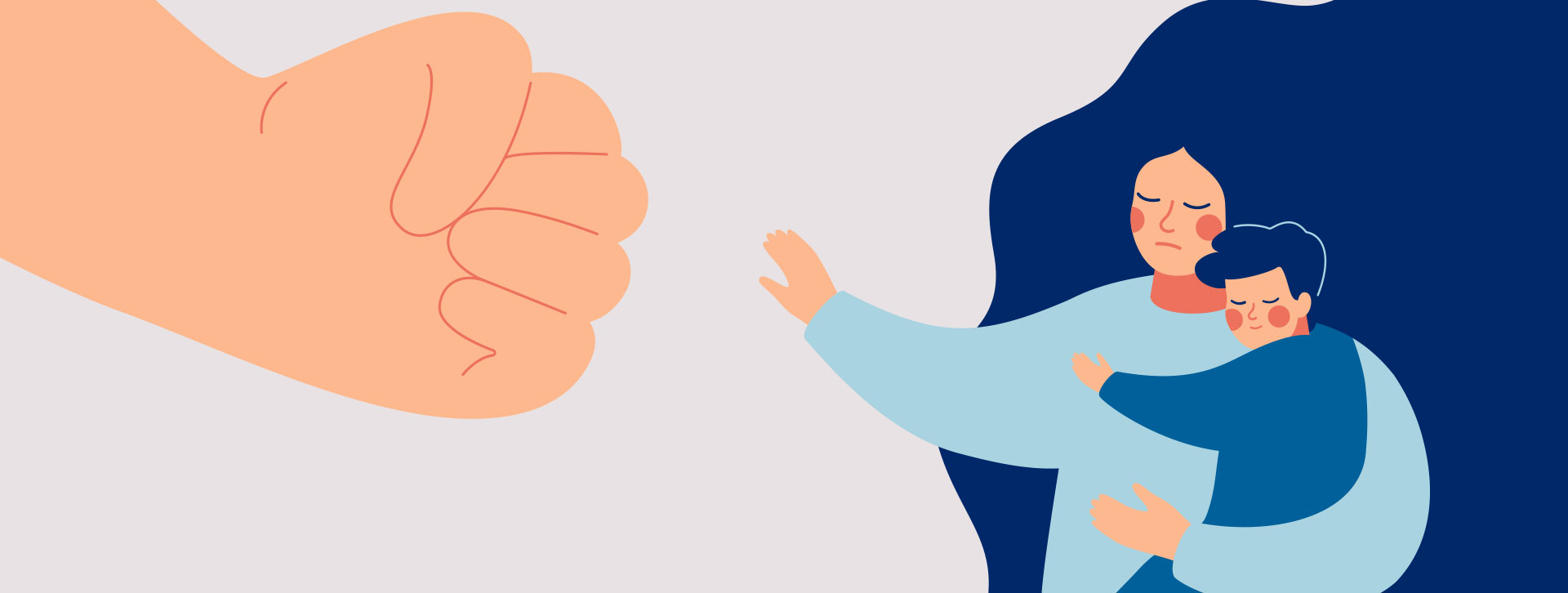In the tapestry of American society, African Americans possess a rich cultural heritage that shapes identities, behaviors, and social interactions.
When it comes to mental health, the African American community faces unique challenges that are woven into this cultural fabric. From historical traumas to contemporary inequalities, these experiences can profoundly impact mental well-being. Yet, finding the right mental health care—a space where cultural competence and understanding are as vital as the treatment itself—remains a significant hurdle.
Continue reading “Unique Challenges in the African American Community with Counseling and Therapy”
 Blog
Blog








